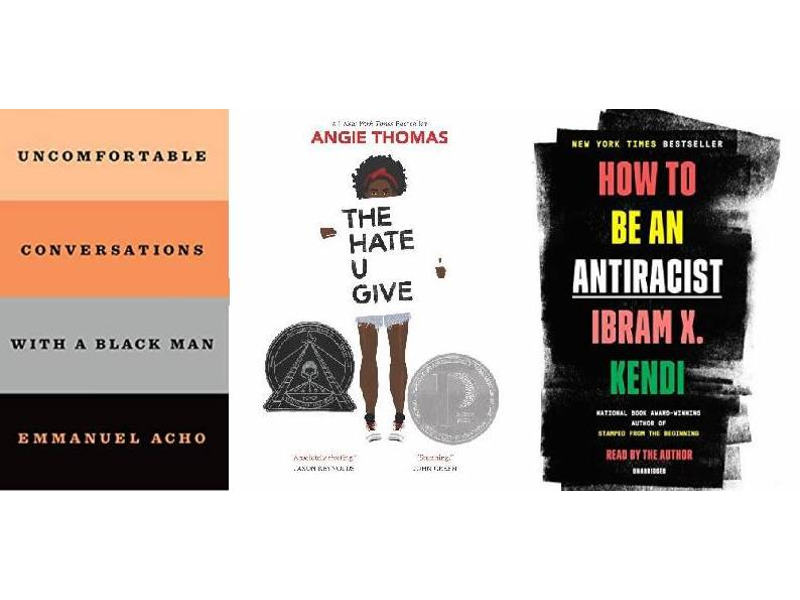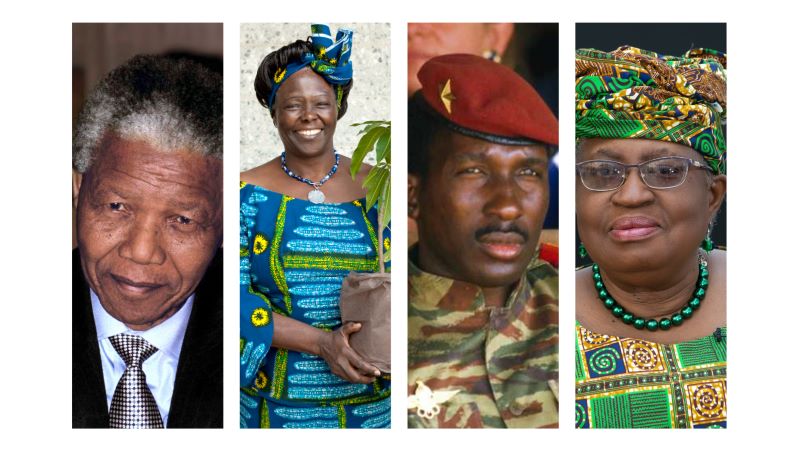Growing up, I have always heard the phrase “reading is fundamental,” especially in academic environments. To be completely honest, it was extremely annoying because in school they had “required” reading materials for specific classes and most times you did not like the options. The options were either painfully boring, you could not relate to the story, or it just was not of interest to you. Then, on top of the required readings they also pushed for you to read for fun. In the mind of a third grader at the time that seemed like a lot to ask for. I did not understand why adults wanted us kids to read so badly. They would say things like “it is important” or “it expands your vocabulary,” however, that was not a good enough reason for me to opt for reading over playing with my toys or going outside. Now, as an eighteen-year-old, I understand the importance of reading and have a greater appreciation for it but not because of the reasons I was given in school.
My growing appreciation for reading started when one day I heard the quote, “If you want to hide something from a Black person, put it in a book.” I was extremely confused by what the quote meant so I asked what was being implied. The man simply said, “Black folk don’t read.” In my head I was thinking, “well, what is that supposed to mean?,” but now I know. Ever heard of the phrase “ignorance is bliss”? Yes, well in this case it is not, especially for Black people. So, let’s redirect your thinking from “why is it important to read?” to “why is it important for BLACK people to read specifically?.” The emphasis and need for Black people to read is deeper than we think. Let’s do a little recap of our history, shall we?
Those that oppose us, not only bank on the ignorance of Black people, but they take advantage of it. An educated Black person is scary to your typical racist white person who strongly believes in white superiority. Let me ask this question though, are you truly superior if you had a head start? Let me bring to your attention the Alabama slave code of 1833, a set of laws that restricted and controlled the lives of the enslaved. These laws-controlled things like travel, marriage, education, and employment. The Alabama slave code of 1833, specifically, controlled the “slaves” liberty of reading. In the code, the following was written, “Any person who shall attempt to teach any free person of color, or slave, to spell, read or write, shall upon conviction thereof by indictment, be fined in a sum of not less than two hundred fifty dollars, nor more than five hundred dollars.” (S31)
The weaponization of literacy used against the enslaved was a power move to keep Black people behind. They feared that if Black people learned how to read and write they could figure out how to get free. Back then becoming literate was a stolen privilege but now it is a luxury. Which makes Black people CHOOSING not to read not only a disadvantage to us but a disservice to those who have died for something as powerful as knowledge. I learned that I mustn’t set myself back by choosing to be ignorant… because it is not bliss. Black complacency is the key to white supremacy. So, I implore and challenge the Black community to read and take back a power that was once stolen from us!
With that being said, below I am going to recommend five books written by Black authors.
1. The New Jim Crow by Michelle Alexander (non-fiction)

Many feel that change is afoot… In some cases, it is but Alexander disagrees. In this book it was pointed out that the systematic racism of this country is sewn into the fabric of this nation. Alexander discusses the structural racism in the justice system and believes we should combat and prioritize it. This is a book bringing to our attention that Jim Crow is not gone but that it has a new face.
2. How to Be an Antiracist by Ibram X. Kendi

In this book Kendi explains the different between “not being racist” and “antiracist.” There is a difference between the two. According to this book it is simply not enough to claim to not be racist but to physically aid in making a change against racism and being an ally. Acknowledgement is simply not enough but action is needed!
3. The Hate U Give by Angie Thomas

Angie Thomas’s The Hate U Give is about a choice. The book begins with the murder of Starr Carter’s best friend, Khalil. He dies by way of police brutality. As Khalil’s death becomes national Starr must decide whether she will speak up. As the Black Lives Matter campaign continues to stand this novel takes us through Starr’s journey of deciding where she fits not only in this fight but also in her skin.
4. The Vanishing Half by Brit Bennett

The Vignes sisters are identical twins, however, after running away from the southern Black community they were raised in, they choose to live very differently. One decides to return to her hometown with her Black daughter, while the other decides to live as a passing white woman. The Vanishing Half takes us though their stories and gives us an inside look to issues within the Black community. Looking beyond race but forcing us to consider how our past can influence not only our future but how we see ourselves.
5. Uncomfortable Conversations with a Black Man by Emmanuel Acho

Sometimes you must have uncomfortable conversations to get to a new level of understanding. This book does just that. Acho sits his audience down and puts the issues we choose to not discuss, in our faces. He provides different perspectives without being accusatory and backs up his point with historical context. He provokes topics that are almost considered taboo and opens our eyes to the simple fact that growth is uncomfortable but needed. He created a safe space to have these conversations without anger or judgment. Acho addresses topics that not only regard white people but also confronts topics regarding Black people. Most importantly he supplies ways for us to learn and grow together now that we see each other’s perspectives.
I have read each of these books personally and I am confident they can supply a new perspective. If you have read these books before, here are some other resources that can introduce you to new books and authors.
Philadelphia Resources
Libraries for free options
The Free Library of Philadelphia
Parkway Central Library
1901 Vine St, Philadelphia, PA 19103
Black-Owned Bookstores
Uncle Bobbie’s Coffee & Books
5445 Germantown Ave, Philadelphia, PA 19144
Black and Nobel
422 South St, Philadelphia, PA 19147
Hakim’s Bookstore and giftshop
210 S 52nd St, Philadelphia, PA 19139
Pittsburgh Resources
Libraries for free options
Carnegie Library of Pittsburgh (one in every area of Pittsburgh)
Black-Owned Bookstore
The Tiny Bookstore
1130 Perry Hwy Suite 106, Pittsburgh, PA 15237
Bookstores
Half Price Books
4932 McKnight Rd, Pittsburgh, PA 15237
The Big Idea Cooperative Bookstore & Café
4812 Liberty Ave, Pittsburgh, PA 15224
Internet resources
https://reedsy.com/discovery/blog/black-authors
https://www.oprahdaily.com/entertainment/books/g26187205/best-books-black-authors
https://www.penguinrandomhouse.com/the-read-down/books-by-contemporary-black-authors
https://essayservice.com/black-authors

Kyrah Page is currently a student at Lincoln University. She is also the CEO and founder of her own brand called “Keepin’ It Kultured”. Where she combines art with activism to empower, inspire and educate the Black community. She advocates for change, promotes black positivity, and addresses controversial issues. Kyrah is many things but most importantly she is an activist.





